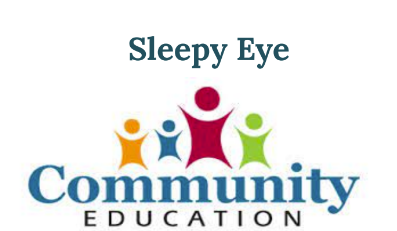Newsletters
-
Family Living Focus: Caregiving and Depression – Part I
Gail Gilman, Family Life Consultant, M.Ed., C.F.C.S. and Professor Emeritus, University of Minnesota Could the sadness, loneliness, or anger you…
Read More » -
Family Living Focus: May is Older Americans Month – Flip the Script on Aging
Gail Gilman, Family Life Consultant, M.Ed., C.F.C.S. and Professor Emeritus, University of Minnesota History of Older Americans Month When Older…
Read More » -
Community Education Update 4/30
Three weeks of school remain for the 2024-2025 school year. State testing is nearly complete and extra-curricular activities are in…
Read More » -
Family Living Focus: Credit – True or False?
Gail Gilman, Family Life Consultant, M.Ed., C.F.C.S. and Professor Emeritus, University of Minnesota Credit – True or False? There is…
Read More » -

Community Education Update 4/24
The ECFE program and Sammy’s Sweets will be having a Cinco De Mayo celebration on May 1st at the Sleepy…
Read More » -

Community Education Update 4/14
Students and staff will have spring break April 17-21 for the Easter holiday. Classes resume on Tuesday, April 22. There…
Read More » -
Family Living Focus: Checklist for Selecting Long Term Care Insurance
Gail Gilman, Family Life Consultant, M.Ed., C.F.C.S. and Professor Emeritus, University of Minnesota Long term care insurance is the answer…
Read More » -
Family Living Focus: Things Forgotten – Simple Lapse or Serious Problem?
Gail Gilman, Family Life Consultant, M.Ed., C.F.C.S. and Professor Emeritus, University of Minnesota >Chances are you have walked into a…
Read More » -

Community Education Update 4/8
Now is the time for youth to get scheduled for behind the wheel instruction during the summer. Information has been…
Read More » -

Community Education Update 4/2
Defensive Driving classes continue to be offered in Sleepy Eye with the next class on Tuesday, April 15, 5 p.m.…
Read More »

